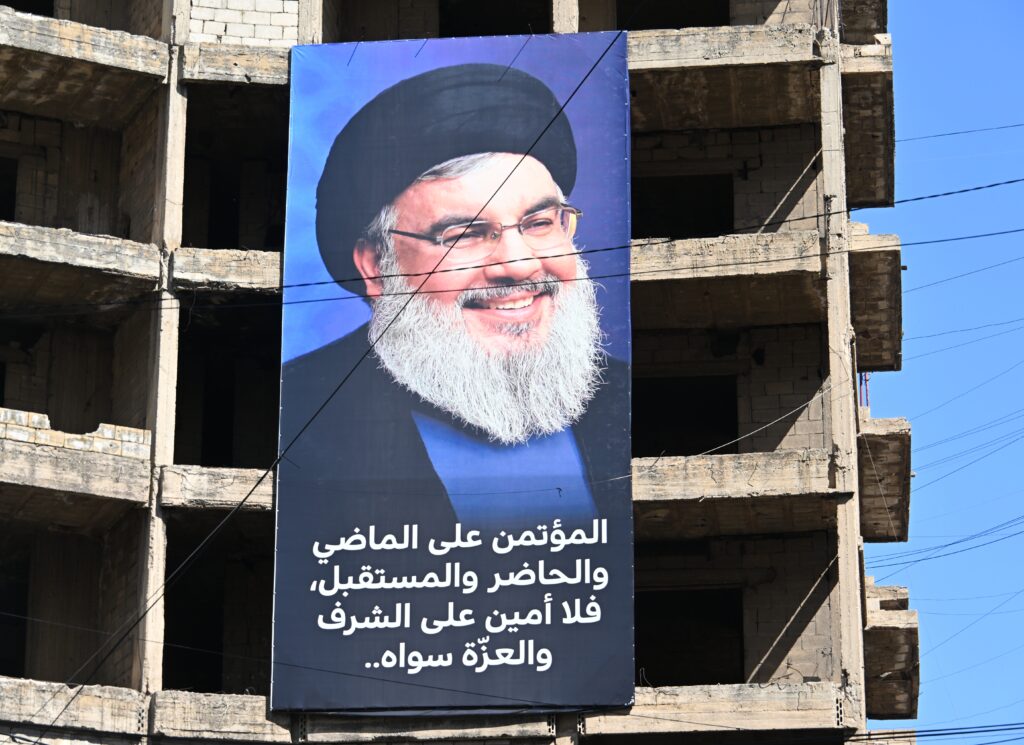
Israel has expanded its bombing campaign in Lebanon since killing Hezbollah chief Hassan Nasrallah, as speculation mounts over a possible ground invasion.
Since Saturday, Israeli airstrikes have intensified to levels not seen since the 2006 Lebanon War, with multiple suburbs of Beirut and several towns in southern Lebanon repeatedly bombarded.
A bombing of an apartment building in the Kola neighbourhood of the capital on Sunday is reported as the first strike within Beirut’s city limits since the beginning of the most recent Zionist offensive into Lebanon, marking the first airstrike since 2006 outside of Hezbollah’s strongholds.
The reported death toll from the most recent wave of bombings has reportedly risen to 816, with 2,507 injured, including women and children, according to Lebanese government data, bringing the total death toll since 8th October 2023 to 1,673 people, including 104 children and 194 women, and 8,603 injured, as of Saturday according to the Lebanese Health Ministry.
New Hezbollah leader
Meanwhile, Hezbollah Deputy Secretary-General Naim Qassem said on Monday that the group will elect a new leader “as soon as possible.”
“We will choose a secretary-general as soon as possible according to the party’s structure,” Qassem said in a televised speech. “The choices will be easy.”
Subscribe to our newsletter and stay updated on the latest news and updates from around the Muslim world!
Qassem denied Israeli claims that around 20 Hezbollah commanders were killed in the strike that targeted Nasrallah.
“Contrary to what Israel claimed, there was no meeting of 20 party leaders at the time of Nasrallah’s targeting in the southern suburb,” he said.

Iran’s deputy president for strategic affairs, Javad Zarif, said during a memorial for Nasrallah that “the Iranian response to the crimes of the Israeli regime will come at the right time and according to Iran’s choice and will be determined at the highest levels.”
World leaders have warned that Israeli attacks in Lebanon, and now Yemen and Syria, could escalate the ongoing Gaza conflict into a wider regional war.
The U.S. announced on Sunday it has increased its military presence in the Middle East, enhancing air support and troop readiness as tensions in the region escalate.
“We will further reinforce our defensive air-support capabilities in the coming days,” said Pentagon spokesman Major General Patrick Ryder in a statement.
While the U.S. has been condemned by many for its unwavering support of the Zionist entity carrying out a genocide in Gaza and now attacks in other countries, with the presidential election looming parties are competing for how much support they can show Israel.
U.S. Republican Senator Lindsey Graham said “the Biden administration is paralysed by fear of Iran in the name of escalating,” on CNN’s “State of the Union” programme.
“So, I promise you, if Trump does win, we’re going to fix this pretty quick.”
‘Dangerous escalation’
Palestinian factions condemned the “dangerous escalation” that it described as “backed by the U.S.” on Sunday.
In a statement, Hamas condemned “the terrorist Zionist bombardment of Yemen targeting civilian facilities in the port of Al Hudaydah as well as the aggression against Syria, which constitutes a dangerous escalation and an extension of the occupation’s aggression and crimes in Palestine, Lebanon and the Arab region with blatant American support.”
They expressed full solidarity with the Yemeni people against the “Zionist-American aggression,” praising their steadfastness in supporting Palestine and standing up for suffering people.
They emphasised that “the criminal enemy will not break the morale of our people or the peoples of our region, nor will it undermine the resolve of the resistance.”
Palestinian and Lebanese factions have been exchanging fire daily with Israel since the Gaza genocide began in October 2023, which has claimed the lives of more than 41,500 people directly, mostly women and children, with an estimated quarter of a million killed indirectly.






















